Filtering, Tools and Equipment
The Best Carbon Filter For Distilling (+How To Use Them)
Whether or not to filter homemade spirits is a polarising topic. Some are adamant you have to, and others will tell you ‘it’s all a hoax‘. Even commercial spirits will advertise that they are “triple filtered” to bolster rapport.
But what’s the truth?
Carbon filtering is worth it if you want to smoothen a rough spirit, clear the haze in your whiskey, or remove particulates from fruit or botanicals. To filter homemade alcohol, pour wet activated carbon into a stainless steel filtering tube or funnel. Then, pour the spirit and allow it to flow through as slowly as possible so the carbon can trap and absorb the impurities you’re trying to get rid of.
In this article we’re going to share with you our 3 favorite carbon filters for mooshiners, and how you can use them to make better booze! These are;
- Best For Beginners – The Britta Filter
- Best For Home Distillers – Still Spirits EZ Filter System
- Best For The Advanced Distiller – Stainless Tri-Clamp In-Line Filter
Table of Contents
What Is Carbon Filtering?
These filters use activated carbon as a purifying medium, which has been found to effectively remove most impurities. You generally, pass your distilled product through the top of the filter, and collected the purified output out the bottom – letting gravity take care of the rest.
They’re also pretty easy to use and offer good value for your buck. So, whether you’re just starting out or consider yourself a pro in the craft, there’s a filtering unit for everyone.
Do You Need To Carbon Filter Alcohol?
The best way to answer this question is to ask: why do we filter, anyway?
Filtering is one of the most effective ways of removing any impurities and potential bacterial growth in your spirit. It’s an age-old process and commercial distillers still employ this method to create a smooth final product. The most common reasons why commercial distillers – and you, might carbon filter your alcohol are:
- To remove the harsh taste and flavor from the final product.
- To clarify spirits that have been aged in barrels.
- To filter particualtes from inusions like fruit or botanicals
- To remove impurities – fusel oils.
- To eliminate chances of bacterial growth, especially when making fruit-based spirits that tend to be microbially unstable.
Filtering creates the crystal-clear drink you find in vodka and ultimately produces a shelf-stable product.
The Best Carbon Filters for distilling
There’s a wide variety of carbon filters on the market. Below are the ones we found to be beginner and semi-professional-friendly.
1. For The Budget Beginner: The Humble Brita Filter
This filtration system is excellent if you want to get a feel of whether or not you’ll enjoy filtered alcohol. These small water pitchers can be found on the kitchen counters of homes around the world (or maybe gathering dust in the back of a cupboard..)
The Brita filter does essentially exactly what we are trying to achieve with more expensive hardware, so why not give it a try before you invest further into more complex filtration systems?
Included in this kit is:
- A collection cup
- Filter unit
- 1x replacement carbon filter
It’s ideal when filtering small batches of alcohol.
Stainless Tri-Clamp Mesh Filter Unit
|
✔️ Pros |
Readily availible |
|
❌ Cons |
Made from plastic |
|
🧍 Best For |
The Beginner |
|
🎁 Where to Buy |
2. For The Serious Home distiller: EZ Filter System
When you’re comfortable with filtering and have moved over to making large batches, buying this filter is a great next step. Included in this kit is:
- 2x 10 liter (2.5 gallons) plastic buckets
- Carbon cartridge
- Cartridge assembly
This unit filters 3 liters of alcohol in 20 minutes. The cartridges allow you to filter about 10 liters of alcohol before replacement.
Still Spirits EZ Filter Unit
|
✔️ Pros |
Trusted Brand |
|
❌ Cons |
Made from plastic |
|
🧍 Best For |
The Home Distiller |
|
🎁 Where to Buy |
3. For The Semi-Professional: Stainless Tri-Clamp Mesh Filter Unit
So the secret’s out, I get most of my distilling hardware from AliExpress. Firstly, it’s cheap (the markup from home-brew stores is astronomical) and secondly, it’s hard to find this kind of equipment locally!
This piece of kit is epic.
I think it’s designed for beer and winemaking, but if you get on of the smaller units it’s perfect for carbon or barrel char filtering!
All my gear has tri-clamp connections so it can be easily swapped out or reconfigured. I bought the version with the 1.5″ port as this fits best with my existing hardware.
If you’re in filtering for the long run, this unit is fantastic for you. It comes with:
- 1″, 1.5″ or 2″ triclamp
- Various size baskets and units
- Silicone gasket
- Indestructible heavy gauge stainless steel.
This unit is awesome. It’s ideal if you make 20-100+ liter batches, and can probably be reconfigured to be used in multiple ways in your distillery setup (I love a multitasker!)
Stainless Tri-Clamp Mesh Filter Unit
|
✔️ Pros |
Tri-clamp Fittings. |
|
❌ Cons |
Expensive |
|
🧍 Best For |
The Semi-Pro |
|
🎁 Where to Buy |
4. Or, Make Your Own Carbon Filter.
It’s easy to assemble your own filtration apparatus with just a few pieces of coffee filter paper and a bag of activated carbon that you can easily get from the brew shop or aquarium supply store.
Just follow the instruction below and have a go!
How To Carbon Filter Alcohol (Step-by-Step)
Though filtering is not necessary, knowing how to do it is convenient for those eventualities that result in a malodorous and rough spirit. Here’s how to carbon filter alcohol.
1. How much activated carbon is needed to filter alcohol?
You’ll need 1.5 pounds of activated carbon to filter 3 ½ gallons (15 liters) of distillate.
2. What proof should your alcohol be when filtering?
When filtering your spirit, it’s best to dilute your alcohol. This dissolves any impurities, making it easier for the carbon to absorb any unwanted flavors and odors. So, you should dilute your alcohol to 40% ABV (80 proof) with 50% ABV (100 proof) being the highest.
3. What you’ll need:
- 20×50 mesh size activated carbon filter
- Stainless steel funnel or 24″ filter tube
- 5-7 coffee filters – to slow down the flow of alcohol, making it possible to pass through all carbon pores for proper filtration.
- Glass container or boiler
4. Preparing the filter
Before you run your spirit through the filter, you’ll need to prepare your filter to absorb all the impurities in your spirit and remove carbon dust which can carry over to your spirit. This is a fairly simple task. Here’s a step-by-step guide to preparing your filter.
- Pour the carbon into a container and top it with water.
- Let it sit for 15 minutes.
- Pour out the water
- Repeat 3 more times.
5. Filtering your alcohol
- Place coffee filters at the end of the filter tube, and hold them in place with a hose clamp.
- Pour the carbon into the filter tube.
- Place it on the glass container, and pour about 500ml -1 liter of water to settle the carbon in place. Let the water drain through.
- Pour your spirit into the tube, and let the alcohol flow through.
Alcohol Filtering FAQ
Q. Do you have to rinse carbon filter?
Even though some manufacturers rinse their carbon filters before packaging, it’s recommended to rinse the carbon filter before use. This removes any carbon dust and oils that might go into and create unpleasant flavors in your final product. Also, rinsing the carbon “activates” the carbon so it can successfully absorb impurities.
Q. How long do the carbon filters last?
Depending on how often you use the carbon filters, they can last for a year. You’ll know it’s time to replace them when they give off a sour, acidic smell that no amount of rinse and repurposing can fix.
Q. Is using a plastic filter safe?
It depends on the type of plastic filter you use. Some plastics like Polyethylene Terephthalate (PET) and Polyvinyl Chloride (PVC) are known to leach antimony, phthalates, and lead into your spirit, which can be harmful to your health. But there are some exceptions to these. When you do decide to use plastic filters, ensure they are chemical and heat-resistant. This minimizes any potential leaching and contamination.
A few examples of heat and chemical-resistant filters include:
High-Density Polyethylene (HDP)
Low-Density Polyethylene (LDPE)
Polypropylene (PP)
Conclusion
Filtering homemade alcohol is one of the best ways to avoid potential contamination and to enjoy a smooth drink free of any nasty taste. There are several carbon filters for distillers on the market, and depending on your skill set, you’re sure to find one that’ll carry you on every journey of the craft. Now that you know what to look for when buying a filtering unit, why not give one of the carbon filters mentioned in this post a try?

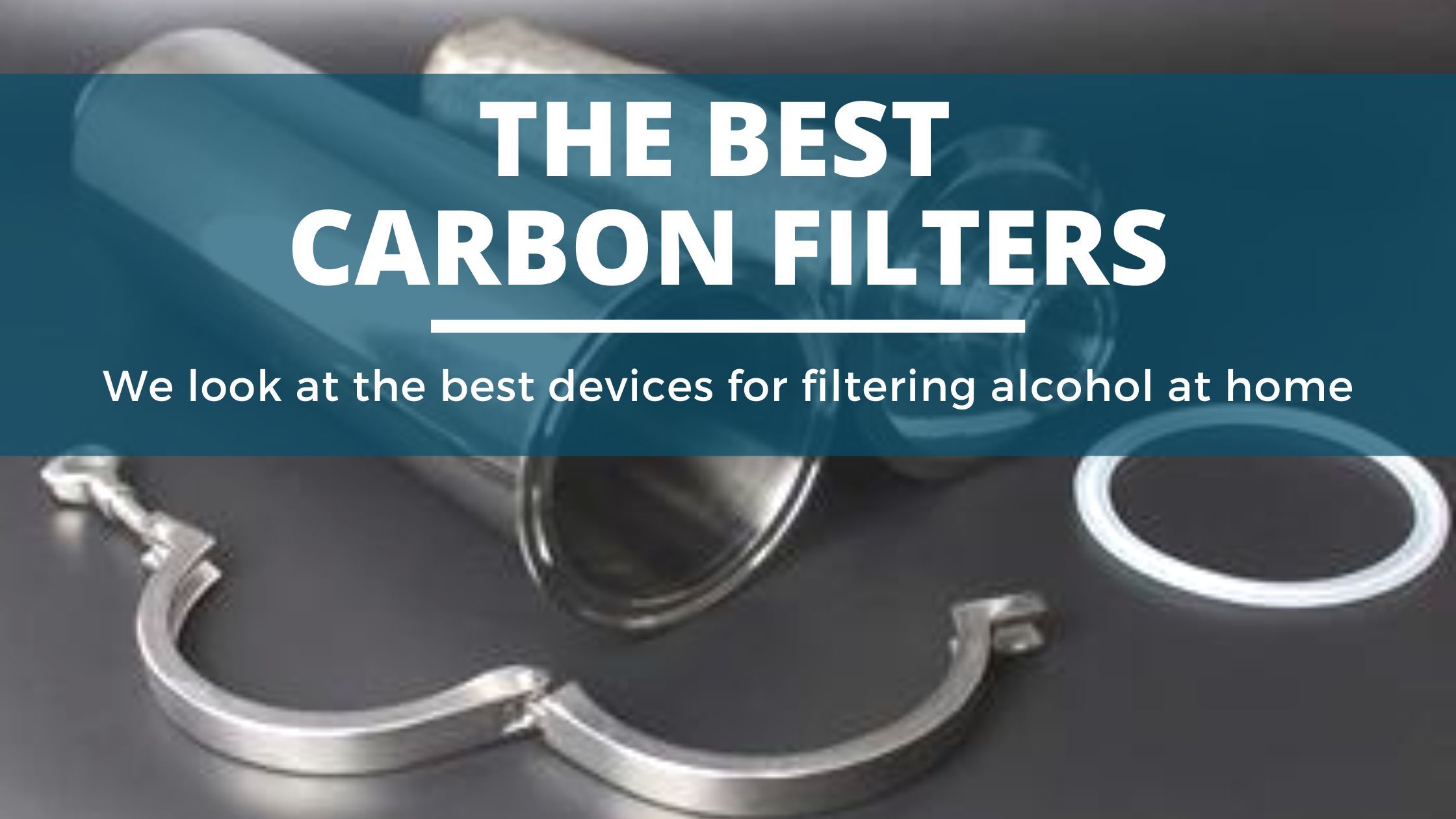
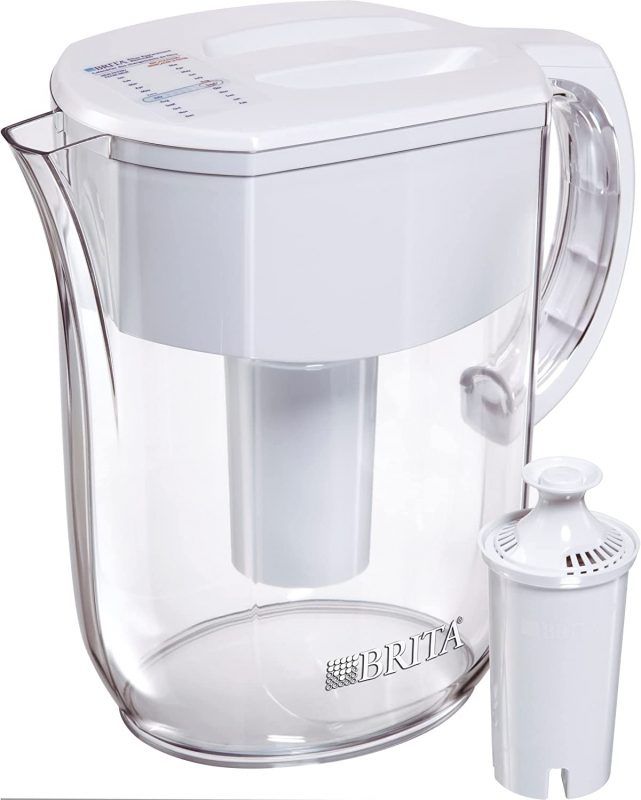
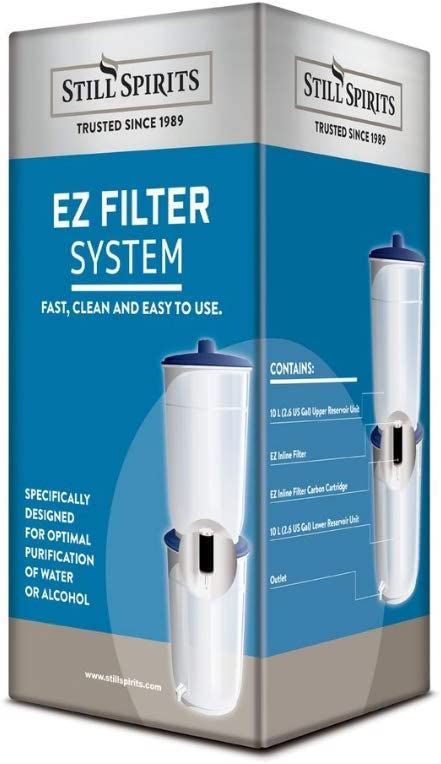
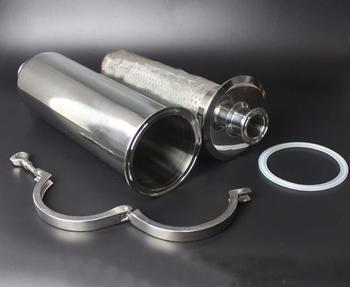

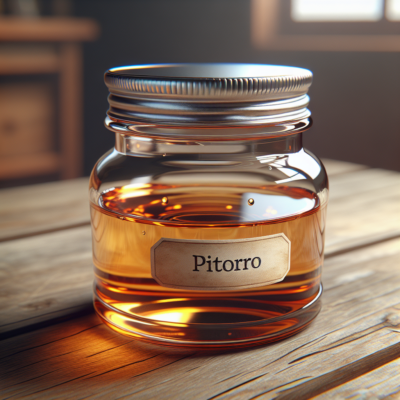


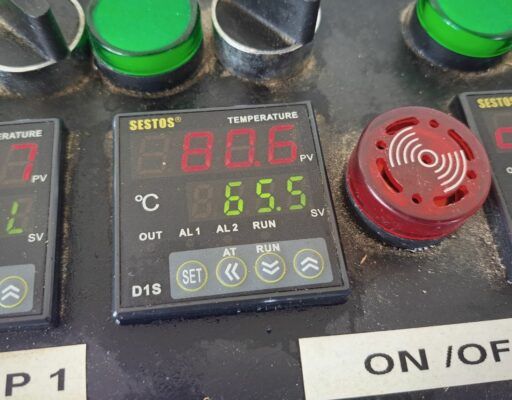
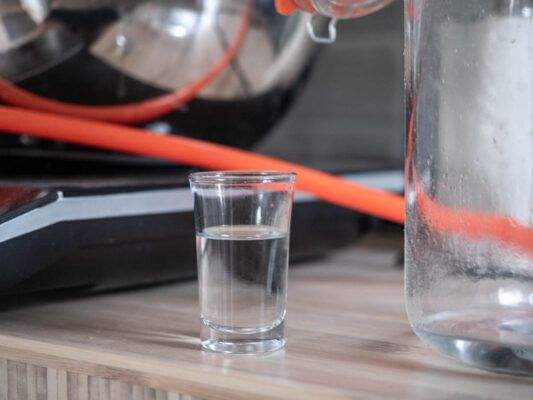
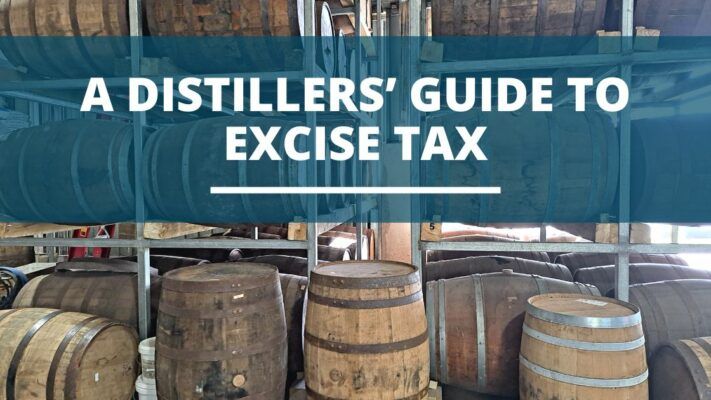
Do you have AliExpress site to purchase Stainless Tri-Clamp Mesh Filter Unit